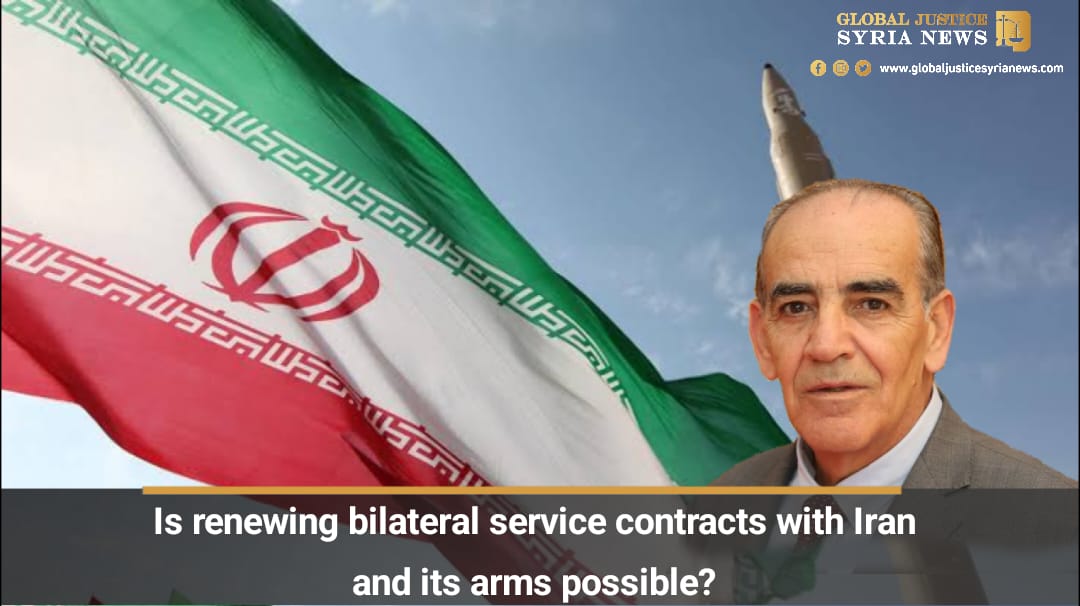Dr. Yahya Alaridi
For over forty years, Iran enjoyed an exchange of services with Israel and the west. It portrayed itself as an enemy of Israel and the United States in particular, and kept a warm relationship of mutual and bilateral services with them. Publically, Iran’s mouthpieces portrayed them as enemies, and in reality they were the partner. The American aid to Iran during the Iran-Iraq war, and the invasion of Iraq are cases in point. Iran further brags about controlling four Arab capitals, with Israel being silent like a log. It enjoys full control over four arms : the Houthi’s in Yemen, the Hashed in Iraq, Assad in Syria and Hezbollah in Lebanon. For instance, when the latter interfered in Syria, Israel could care less.
Such a status continued with no disruption till 7 October. All indications say that such a relationship will no longer be as it was ; and bilateral service contracts will not be renewed for several reasons :
Any agreement according to new rules means a protected time for the accumulation of greater and more harmful capabilities against Israeli national security in the future.
This damage, which caused Jewish reverse migrations, among a package of other complex damages, is fatal to a Jewish national state that relies on pre-emptive security as a means of deterrence.
Energy projects, development plans, and fruitful Arab normalization will be jeopardised; if things continue as such.
Israel and the west are aware that Iran is on the verge of an imminent nuclear brink; which constitutes an existential threat to Israel and the whole Middle East region.
Like Iran’s theocratic system, the four proxies are oppressive in their composition; and in absenting internal freedoms, they rely on the fabrication of an external enemy portraying every societal activity or demand as a rebellion.
The Assad regime, for one, does not have any effective strategic or economic weight in the region outside the game of service conflict or parallel contradictions, with a social upheaval that can explode at any moment.
Arab normalization and the state of non-conflict will end Iran’s service program with its allies; and it pushes Iran back to a confused third world state that relies on energy as a political weight.
The end of the conflict in the region that reached its peak during the era of Khomeini and his heirs, will isolate Iran not only politically, but also as an alien Persian identity especially after Iran’s performance in recent decades and the Sunni Arab blood.
Among major economic maps to come, the Iranian system becomes nihilistic and an element of inhibition and obstruction. This is not to mention the Gulf regimes that made their decision to enter the era of zero-sum development ideologically, when they talk about normalisation openly and officially, without embarrassment.
when Israel proposes removing Hezbollah behind the Litani, it is no more than a temporary tactic until Hamas is completely neutralized, and then it would devote itself to the next goal of neutralising Hezbollah; because, there is no value of pushing it back few kilometres, when it has missiles that exceed many times the distance?
Moreover, what is the value of a political agreement that does not end the danger of a military research institution with accumulated expertise that operates while it is protected by a political agreement? Isn’t this an additional time for the catastrophic accumulation of abilities that bring a new day similar to October 7?
Israel’s future security for decades will no longer be based on valuing the tactical over the strategic. In fact, Israel has been silent on this service margin, because it is under the heading: “Interests guaranteed at zero cost”
It has become clear that the conflict with its results destroyed all the harvest of service margin for past decades and caused damage to times to come.
Such an approach can not be absent from the minds of architects of the new Israeli national security?
Finally, the post-Gaza and Hamas harvest brings major vital interests for both the Israeli and American sides together. It secures America’s strong return to the Middle East after its policy of non-interference for more t
han a decade.



















